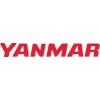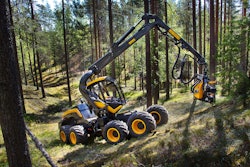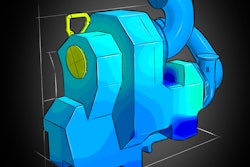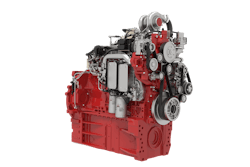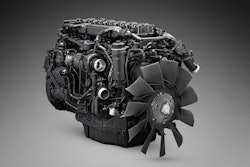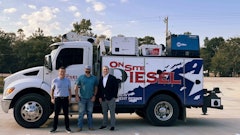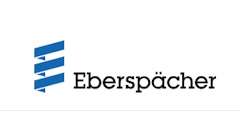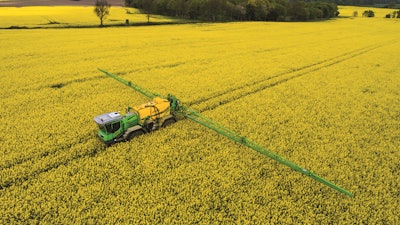
Rolls-Royce is presenting MTU agricultural engines designed to meet the EU Stage V emissions regulations at this year’s Agritechnica in Hanover. MTU is currently field testing some 150 prototype engine systems meeting this emissions stage. As of June 2018, 7 months before the new emission regulations come into force, MTU customers will be able to take delivery of Series 1000, 1100, 1300 and 1500 engines compliant with EU Stage V.
“This means that our customers will be able to prepare themselves for this emissions stage by obtaining products from these series in good time,” says Dr. Aaron Haußmann, Head of Sales Construction and Agriculture at MTU.  Ponsse has been testing an MTU 6R 1000 engine system in an Ergo full harvester.
Ponsse has been testing an MTU 6R 1000 engine system in an Ergo full harvester.
Before the engines meeting the new emission regulations are delivered, MTU subjects them to extensive testing, in some cases under extreme weather conditions. In total, the engines currently being tested have already completed some 10,000 hours of operation, with the longest running engine having now completed about 3,200 hours of operation.
Since January 2017, the Finnish manufacturer of forestry machines Ponsse, for example, has been testing an MTU 6R 1000 engine system in an Ergo full harvester. The engine had completed more than 1,000 hours of operation in part under extreme operating conditions, with temperatures below -30 C, to Ponsse’s complete satisfaction. An agreement has now been reached to install a further five MTU field test engines meeting EU Stage V requirements in Ponsse forest machines.
“Our areas of application are very demanding and the MTU engines have so far demonstrated their ruggedness and operational efficiency,” says Dr. Juha Inberg, Director for Technology and R&D at Ponsse plc.
“The experience gained from the field tests is very important for our development program, because we are able to test the functionality, reliability and durability of the engine systems in the machine and can identify if improvements may need to be made long before series production starts,” says Stefan Rudert, Head of Application Engineering for Construction and Agriculture at MTU.
The mechanical engineering company Herbert Dammann GmbH is testing the engines meeting the new emission regulations in its Dammann-tracs. Oliver Hoinik, Head of Technical Editing and Marketing from Dammann, says, “We are testing MTU engines that meet EU Stage V in a variety of crop sprayers. What is important to us is that the engines have a long service life and are cost-effective. So far, the engines from MTU have come up to our expectations in every case.”  MTU is offering a one-box SCR solution for exhaust gas aftertreatment.
MTU is offering a one-box SCR solution for exhaust gas aftertreatment.
With the introduction of EU Stage V, a dual system will be used to provide exhaust gas aftertreatment for the MTU Series 1000, 1100, 1300 and 1500 engine systems for the first time consisting of a diesel particulate filter and an SCR system. The challenge is that all the components must be integrated in the restricted installation space available in the machines. In order to ensure that customers are provided with the best possible productivity and low life cycle costs, in addition to reduced CO2 emissions, MTU has improved the characteristics of the engines, i.e. torque, output, performance and fuel consumption.



